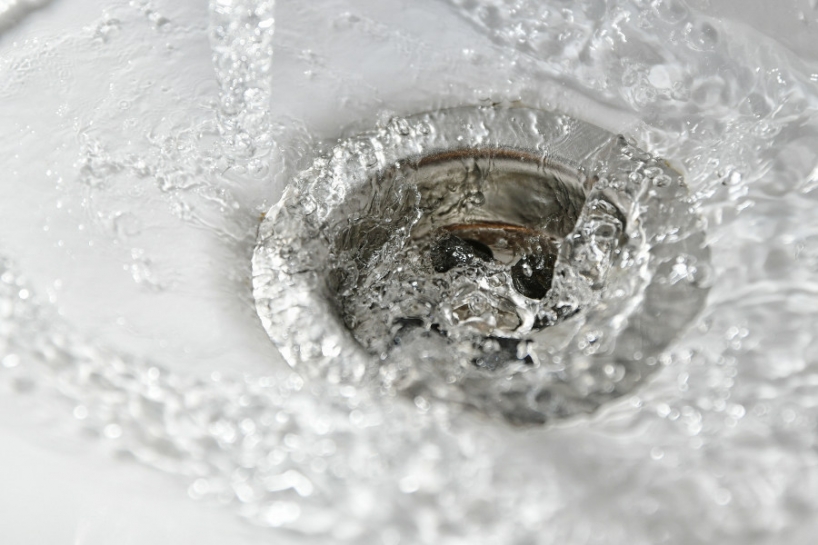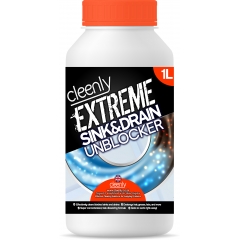
May 20th, 2021 by
Water taking longer than it should to drain from the sink or bath?
Standing water?
Smelly plughole?
Unexplained leaks?
Outdoor drains flooded?
These are all signs that you have blocked drains. In the case of leaks and floods, you’re going to need a plumber to resolve the issue. However, slow draining water or funky smells coming from the plughole may be things you can attend to yourself – and save yourself a big bill too.
How drains become blocked
There is a very simple reason why drains become blocked: it’s usually due to us putting things down there that we shouldn’t. The main culprits are as follows:
- Hair
- Soaps/cosmetics/cleaning products
- Food waste
- Fats
- DIY substances (paint/filler/glue/varnish etc)
While only going down the plughole in small quantities, over time they build up in the pipes and will eventually narrow them to such a degree that water cannot successfully flow through. This will cause the water to back up and can even force joints to burst due to building pressure. It is therefore something that needs dealing with in a timely manner.
Methods for unblocking a drain
There are a few different things you can try to unblock your drains. Some are appropriate for minor clogs while others will be needed for more significant blockages. It may even be useful to perform a combination of remedies.
Physically remove any visible debris
Clearly, any visible items around the top of the plughole should be removed. Several inches of clumped hair can often be pulled from bath and shower plugs. If you have a long, narrow brush, such as a bottle brush, you can clear any blockages from around the immediate underside of the plughole but be careful not to just poke objects further into the pipe. You can also use an old-fashioned plunger.
Use household items
You may already have items in your cupboards that can clear a drain. Many old remedies are actually very effective, such as a mixture of vinegar and bicarbonate of soda or salt, borax, and vinegar. Pour into the drain and allow to fizz before rinsing through with hot water.
Use a drain unblocker
While these other methods can be useful for clearing minor clogs, any significant blockage will benefit from a specific drain clearing product. These are chemicals that will dissolve and blast through a range of substances in the pipes. Just pour into the plughole, leave for a few hours, or even overnight, and then flush through with hot water.
Cleenly Extreme Drain and Sink Unblocker Solution 1L
Price: £11.99
Buy Now
Prevent it from happening again
A blocked drain is nobody’s idea of fun, even if it’s fairly simple to deal with if you catch it in time, so take steps to prevent it from happening again. While some items will always go down that shouldn’t you can still adopt some good habits that will minimise the risk in future:
- Scrape food waste from crockery and cookware into the bin rather than rinsing it into the sink
- Use plughole protectors in every sink, bath, and shower to prevent debris from going down, and clean them after every use
- Never pour liquid fats down the sink. Even oils that remain liquid will start to line the pipes due to their viscosity but be particularly vigilant with fats that solidify when cool such as butter, lard, and animal fats. Instead, pour into something disposable, like an empty yoghurt or butter container, and dispose of when cold
- When cleaning paint brushes or DIY tools, remove excess substances such as paint with paper towels first before washing
- Strain coffee grounds or tea leaves from any liquids and dispose of them separately
- Clean plugholes every day to prevent debris accumulating in them and being forced into the drain
- Use a drain unblocker regularly to prevent gunk and waste from building up. You won’t need as much or to leave it to work as long if you’re using it as a proactive method in this way.
Comments
Leave a reply
Your e-mail address will not be published. All fields are required


